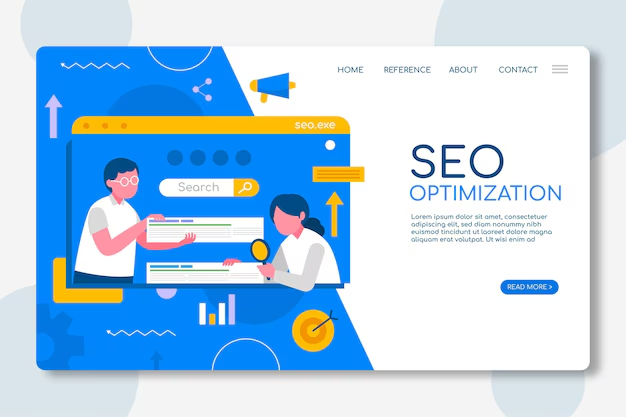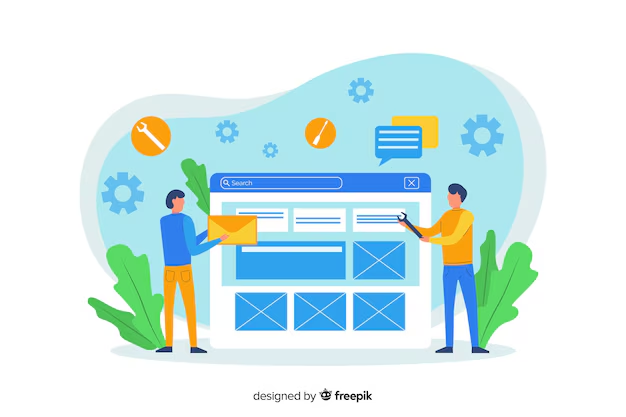Starting a blog is an exciting journey, but choosing the right platform is crucial for your success. In 2024, two of the most popular blogging platforms remain WordPress and Blogger. Each has its own set of features, advantages, and drawbacks, making it essential to understand which one aligns best with your blogging needs. In this article, we’ll explore the differences between WordPress and Blogger to help you make an informed decision.
Overview of WordPress
WordPress is a versatile content management system (CMS) that powers millions of websites worldwide. It comes in two versions: WordPress.org (self-hosted) and WordPress.com (hosted). The self-hosted version is popular among bloggers because it offers complete control over the website’s design, functionality, and content.
Overview of Blogger
Blogger is a free blogging platform owned by Google. It is designed for simplicity, making it ideal for beginners who want to start a blog without dealing with technical details. With Blogger, you don’t need to worry about hosting or domain registration, as everything is managed by Google. However, this simplicity comes with some limitations in terms of customization and control.
Key Differences Between WordPress and Blogger
| Feature | WordPress | Blogger |
|---|---|---|
| Customization | Highly customizable with thousands of themes and plugins available. | Limited customization options with fewer templates and widgets. |
| Ease of Use | Requires some learning but offers extensive documentation and community support. | Very easy to use, ideal for beginners with no technical skills. |
| SEO Capabilities | Offers advanced SEO plugins like Yoast and Rank Math for better optimization. | Basic SEO tools, but lacks advanced optimization options compared to WordPress. |
| Ownership & Control | Full control over your content and data with a self-hosted WordPress site. | Google controls your content and can terminate your account at any time. |
| Monetization Options | Offers various monetization options like ads, affiliate marketing, and membership sites. | Supports Google AdSense, but limited in terms of other monetization strategies. |
| Cost | Free to use, but you need to pay for hosting, domain, and premium themes/plugins. | Completely free, with the option to purchase a custom domain. |
Pros of WordPress in 2024
- Extensive Customization: WordPress offers thousands of themes and plugins that let you tailor your site to your exact specifications. You can build anything from a simple blog to a complex membership site.
- SEO-Friendly: WordPress is known for its strong SEO capabilities, making it easier to rank your content in search engines. Plugins like Yoast SEO can help optimize your posts and improve your site’s visibility.
- Ownership of Content: With WordPress.org, you own your content and have complete control over your website. This is essential for bloggers looking to build a long-term brand.
- Scalability: WordPress can grow with your blog as your audience expands. It’s suitable for both beginners and advanced users, offering room for growth and scalability.
Cons of WordPress in 2024
- Learning Curve: WordPress is more complex than Blogger, which can be challenging for beginners. However, there are plenty of tutorials and guides available to help you get started.
- Maintenance: With WordPress.org, you are responsible for maintaining your site, including updates, backups, and security measures.
- Cost: While WordPress is free to use, you’ll need to pay for hosting, a domain, and possibly some premium themes and plugins, which can add up over time.
Pros of Blogger in 2024
- Free and Easy to Use: Blogger is a free platform that’s easy to set up, making it perfect for beginners. You can start a blog in minutes without any technical expertise.
- Google Integration: As a Google product, Blogger integrates seamlessly with Google Analytics, Google AdSense, and other Google services, making it easy to monitor your blog’s performance.
- Maintenance-Free: Google handles all maintenance tasks, including updates and security, allowing you to focus solely on content creation.
Cons of Blogger in 2024
- Limited Customization: Blogger offers fewer customization options compared to WordPress, making it difficult to create a unique look for your blog.
- Lack of Ownership: Google owns your content on Blogger, meaning that your account could be suspended or terminated at any time. This can be a risk for bloggers looking to build a long-term presence.
- Limited Features: Blogger lacks the advanced features that WordPress offers, making it less suitable for bloggers who want to scale their website over time.
WordPress vs Blogger: Which One Should You Choose in 2024?
The choice between WordPress and Blogger depends on your blogging goals and needs:
- Choose WordPress if: You want a highly customizable platform that offers complete control over your content. WordPress is ideal for bloggers looking to grow their audience, improve their SEO, and build a professional website.
- Choose Blogger if: You are new to blogging and want a free, easy-to-use platform to share your thoughts and ideas without worrying about technical details or maintenance.
Conclusion: WordPress or Blogger for Your Blog in 2024?
Both WordPress and Blogger have their strengths, but ultimately, the best platform for you depends on your blogging goals. If you are serious about building a blog that can grow and evolve over time, WordPress is the better choice. It offers more flexibility, better SEO options, and the ability to scale as your blog gains popularity. On the other hand, if you are looking for a simple, no-cost way to start blogging with minimal setup, Blogger can be a good starting point. Consider your long-term plans, the level of control you want, and your technical comfort before making a decision.






